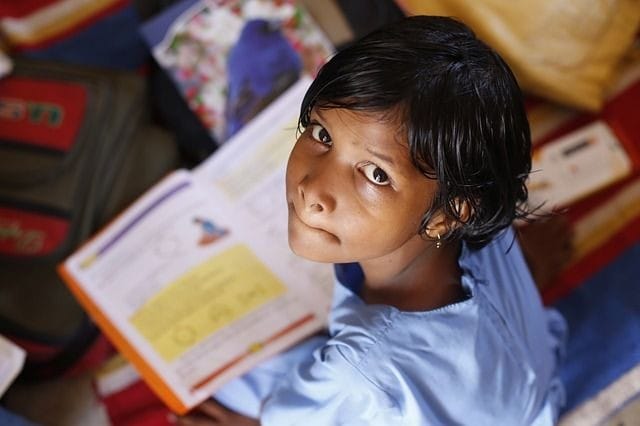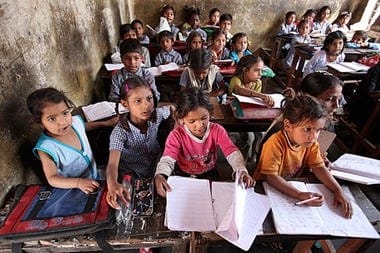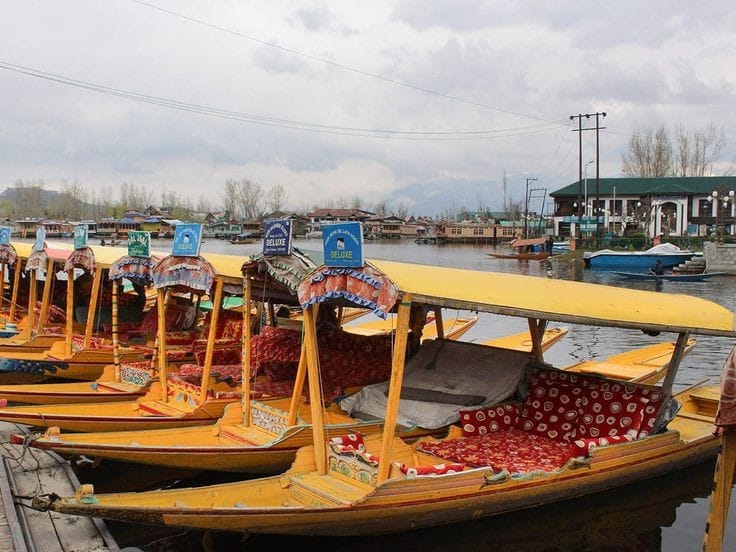Education has a significant impact on socio-economic mobility in India. It plays a critical role in determining an individual’s life chances, opportunities, and overall well-being. Education is not only a means to acquire knowledge and skills, but it also serves as a pathway to upward social and economic mobility.
In India, education has been recognized as a key tool for socio-economic development since its independence. The government has invested heavily in building a robust education system, which has contributed to improving the country’s literacy rates and educational attainment levels. However, despite these efforts, socio-economic disparities still exist, with a large proportion of the population living in poverty and lacking access to basic education.
One of the most significant impacts of education on socio-economic mobility in India is the role it plays in reducing poverty. Education has been shown to be a critical factor in breaking the cycle of poverty and enabling individuals to secure higher-paying jobs, which, in turn, can help lift them out of poverty. Education provides individuals with the knowledge, skills, and credentials they need to access better employment opportunities, earn higher wages, and improve their economic situation.
Education also has a positive impact on health outcomes, another critical aspect of socio-economic mobility. Education equips individuals with the knowledge and skills they need to make informed decisions about their health and well-being, which can lead to better health outcomes. Studies have shown that higher levels of education are associated with better health outcomes, including lower rates of morbidity and mortality, improved mental health, and a higher quality of life.
In addition to reducing poverty and improving health outcomes, education also has a positive impact on gender equality. Education is a critical tool for empowering women, enabling them to access better employment opportunities, earn higher wages, and achieve greater economic independence. Education has been shown to be a key factor in reducing gender disparities in education, employment, and income. Women who are educated are more likely to have smaller families, delay marriage and childbirth, and make informed decisions about their health and well-being.
Furthermore, education has a significant impact on social mobility and intergenerational mobility. Education enables individuals to acquire the knowledge, skills, and credentials they need to access better-paying jobs and achieve greater economic success. This, in turn, can help to break the cycle of poverty and provide greater opportunities for future generations. Children of educated parents are more likely to attend school and achieve higher levels of educational attainment, which can lead to greater economic success and social mobility.
However, the impact of education on socio-economic mobility in India is not uniform across different socio-economic groups. Children from poor and marginalized communities are often at a disadvantage when it comes to accessing education, and they face significant barriers to socio-economic mobility. These barriers include a lack of access to quality education, inadequate infrastructure, and a shortage of qualified teachers.
To address these challenges, the Indian government has implemented a range of policies and initiatives aimed at improving access to education for disadvantaged communities. These initiatives include the Right to Education Act, which guarantees free and compulsory education to all children between the ages of six and fourteen, and the Sarva Shiksha Abhiyan program, which aims to provide access to quality education for all children, especially those from marginalized communities.
In conclusion, education has a significant impact on socio-economic mobility in India. It plays a critical role in reducing poverty, improving health outcomes, promoting gender equality, and facilitating social and intergenerational mobility. While the government has made significant progress in improving access to education, there is still much work to be done to ensure that all children, regardless of their socio-economic background, have access to quality education. It is essential to continue investing in education, particularly for disadvantaged communities, to ensure that everyone has the opportunity to achieve their full potential and contribute to the country’s socio-economic development.










